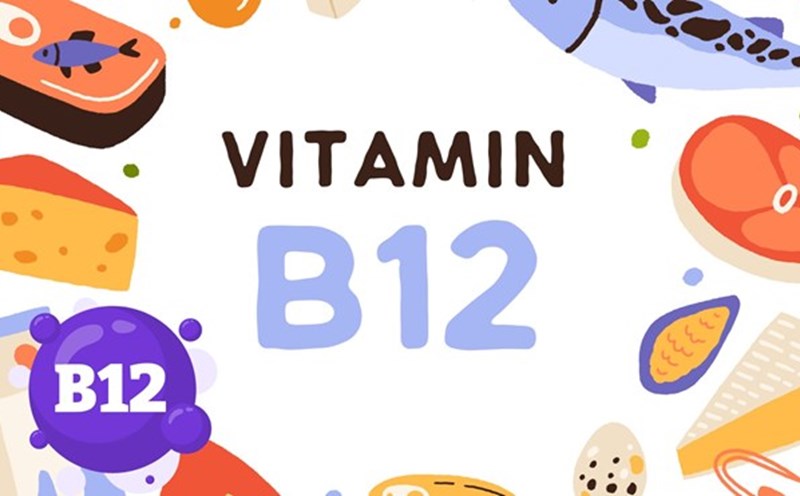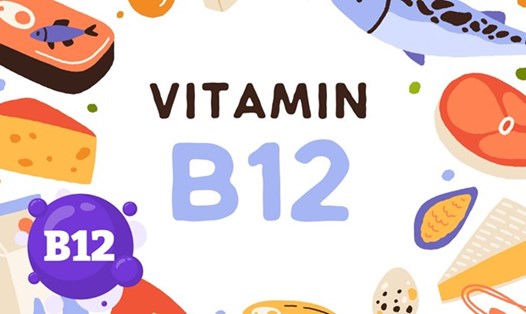1. Providing energy for the body
Although it does not directly create energy, vitamin B12 supports metabolism, helping the body use glucose to create energy, reducing symptoms of fatigue when deficient.
2. Preventing anemia
Vitamin B12 is very important for the development of red blood cells. B12 deficiency can lead to anemia, causing symptoms such as fatigue, shortness of breath and numbness in the limbs.
3. Supports nerve function
Vitamin B12 is necessary for the formation of myelin sheaths that protect nerves and help restore nerve function, especially useful for people with neurological problems or injuries.
4. Promoting the health of pregnant women and bones
Vitamin B12 helps prevent neural tube defects in children and reduces the risk of osteoporosis in women.
5. Supports mental and cognitive health
Vitamin B12 deficiency may be associated with dementia and cognitive decline; adequate vitamin B12 supplementation can improve cognition in older adults.
6. Improve cardiovascular health
Increased levels of homocysteine in the blood will increase the risk of cardiovascular diseases.
Studies show that vitamin B12 helps reduce homocysteine levels in the blood. This will reduce cardiovascular diseases when adequate vitamin supplementation is needed.
7. Contributing to healthy skin
Vitamin B12 supports skin cell regeneration, which can reduce the risk of skin problems such as acne and dermatitis.
People with vitamin B12 deficiency can supplement their bodies with animal foods, especially in animal organs such as pig liver. In addition, meats such as beef, pork, salmon, tuna, etc. are also foods that contain a lot of vitamin B12.











